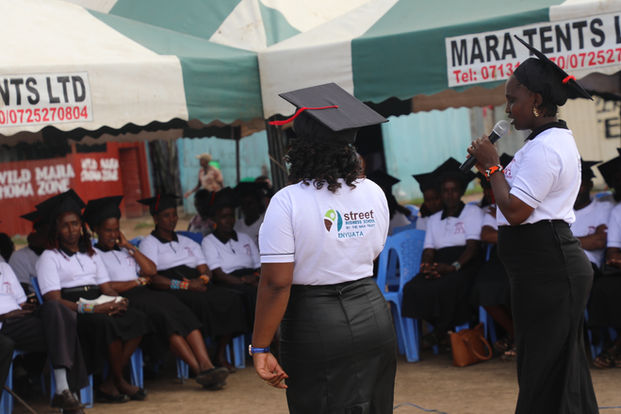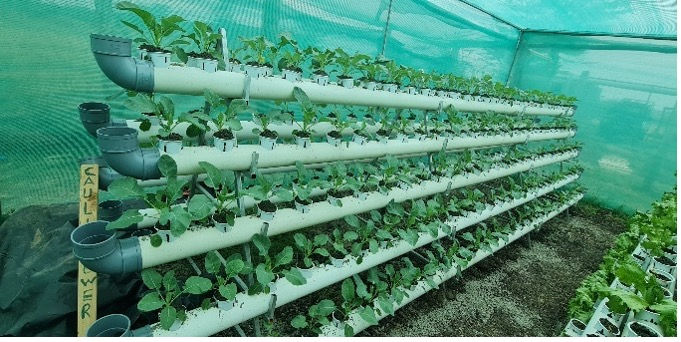
.png)
Financial Management Training
The Financial Management Training programme equips community members across the Maasai Mara with the skills to manage money wisely, grow savings, and access opportunities beyond livestock. Through the Comprehensive Community Capacity Building (C3B) project, 557 men and women have already been trained in entrepreneurship and microfinance, enabling many to start businesses, diversify incomes, and build financial resilience for their families.
Building Financial Literacy for Resilience
In the Maasai Mara, traditional livelihoods have long depended on livestock. But with changing landscapes and economic pressures, communities are seeking new ways to secure their futures. In 2024, The Maa Trust trained 557 community members in financial management through the Comprehensive Community Capacity Building (C3B) project. The training covered financial literacy, entrepreneurship, business opportunity identification, market research, financial planning, money management, and risk management.
The sessions targeted 300 community members from Olkinyei, Nkaimurunya, Pardamat, and Olkarkar, alongside 257 beekeeping group members. As a result, many participants diversified their livelihoods by launching small-scale businesses such as grocery shops, barber shops, and butcheries. These enterprises now provide steady income streams that reduce dependence on livestock alone. Participants reported greater confidence in handling money, identifying opportunities, and planning for the future, showing that financial literacy is a foundation for resilience and self-reliance.
Linking Communities to Finance
Beyond training, The Maa Trust also focused on linking communities with financial opportunities. In partnership with the Women Enterprise Fund (WEF) and UWEZO Fund, microfinance sessions were conducted to teach community members about loan procurement processes and financial management for Rotary Savings and Credit Association (ROSCA) groups.
In June 2024, representatives from 20 ROSCA groups were trained directly by the WEF Narok West officer, gaining practical insights into accessing financing and managing loans responsibly. This approach ensures that financial knowledge is not theoretical — it translates into action. By equipping ROSCAs with the tools to access funds, communities can now expand businesses, strengthen savings practices, and invest in their futures.
From Survival to Growth
The ripple effects of financial literacy are clear: household incomes rise, children’s education is supported, and families are better able to withstand financial shocks. The Financial Management Training is not just about numbers; it is about confidence, independence, and resilience.
By combining knowledge, mentorship, and access to funding, The Maa Trust is helping communities move from survival to growth. This initiative is laying the foundation for sustainable prosperity across the Maasai Mara, ensuring that families are empowered to build better futures while reducing over-reliance on fragile traditional livelihoods.
By the Numbers
.png)
557
Community members trained in financial literacy, entrepreneurship, and money management.

257
Beekeeping group members gained financial management skills to strengthen their enterprises.

20
ROSCA groups trained on loan procurement and access to national microfinance funds.
.png)






